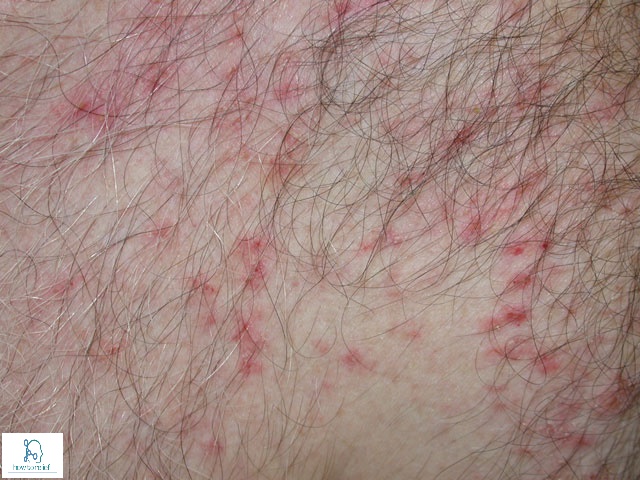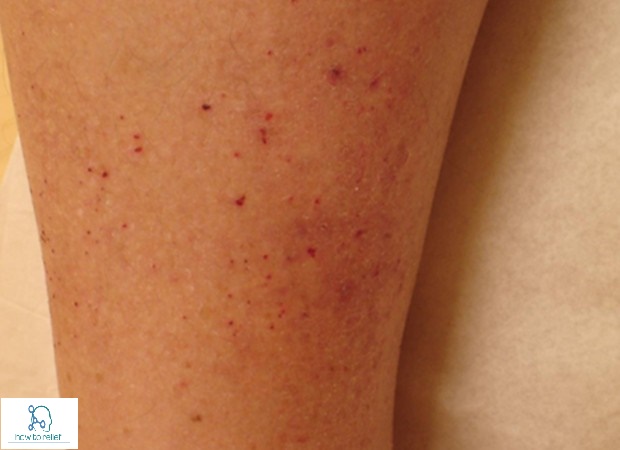What Is Pruritus? Pruritus is the medical term for itchy skin. An itch may occur in a small area, such as the nose, or over the whole body. Sometimes, it seems that the more you scratch, the itchier you are.
It is important to resist to scratch because you can cause breaks in the skin that can lead to secondary infections.

Symptoms & Causes of Pruritus(Itching)
There are many things that may cause the itchy skin, ranging from a mild rash to a life-threatening disease. Often times, pruritus is caused by a skin condition, such as eczema, scabies, psoriasis, lice, or chickenpox. If there are no visual changes in the skin (like a rash) then the dry skin may be the cause. Dry skin is more common during very hot or cold weather, where the humidity is low or maybe bathing too much with an irritating soap.

Pruritus is a sign of a more complex condition, including:
- Internal diseases such as liver disease, anaemia, celiac disease, thyroid problems, and cancer. Itching usually affects the whole body, and the skin may appear normal.
- Nerve disorders such as, multiple sclerosis, and shingles (herpes zoster), pregnancy causes diabetes may cause pruritus.
- Medications such as antifungal medication, antibiotics, cancer treatment, and narcotic pain relievers can cause rashes and itching as a side effect.
- Allergic reactions may cause pruritus that is often accompanied by pregnancy.
- Sometimes itchy skin, especially the areas that are growing rapidly as the skin stretches, like abdomen and the breasts.
You Might Also Like:
Pruritus Treatment
Pruritus treatment depends on the underlying cause. For example, if a medication is causing itching, then your physicians may switch you to a different prescription. Similarly, if the symptoms are caused by a complex disease, then getting treatment can help to relieve the itching.
There are a number of home remedies that are effective at relieving the itch. These measures include:

- Over-the-counter anti-itch creams
- Use a good moisturizer
- Calamine lotion
- Wearing loose cotton clothing
- Applying cool, wet compresses
- Decreasing your stress level
- Choosing mild soaps and laundry detergents without perfumes or dyes
- If these measures do not stop your itch, their medical treatments available to provide relief, including -antihistamines and topical steroids. Rarely, steroid pills and antibiotics may be needed.

